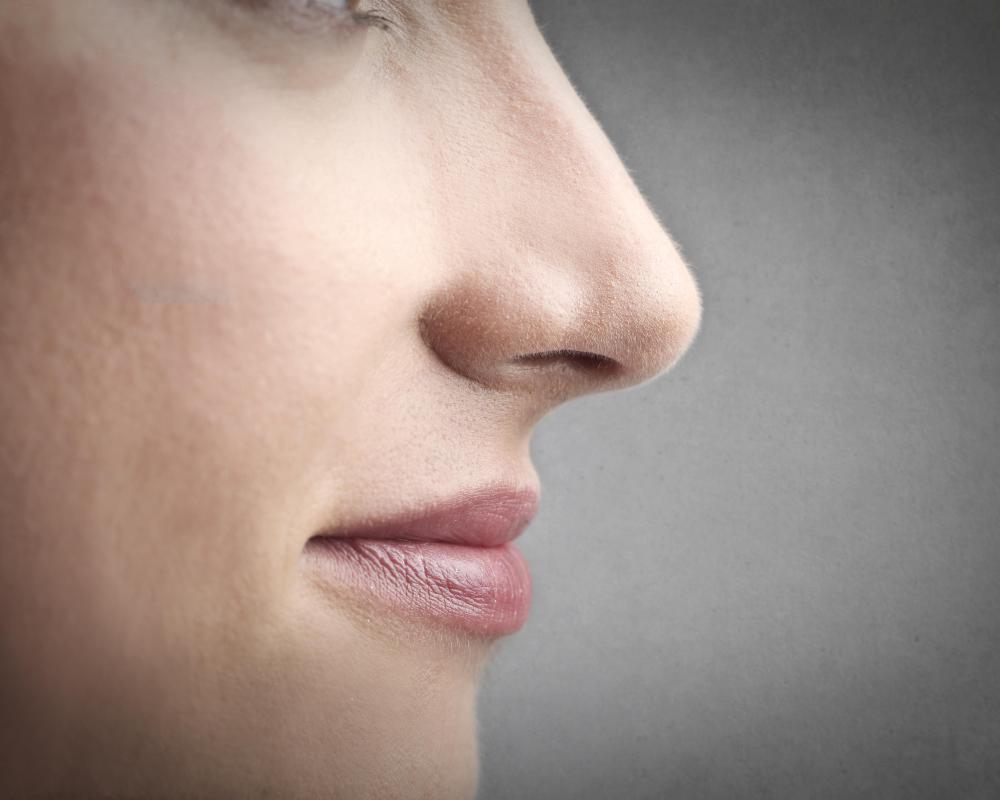At TheHealthBoard, we're committed to delivering accurate, trustworthy information. Our expert-authored content is rigorously fact-checked and sourced from credible authorities. Discover how we uphold the highest standards in providing you with reliable knowledge.
What is Sensory Deprivation?
Sensory deprivation is the intentional removal of stimuli affecting one or all of the five human senses. Frequently used in alternative medicine as a form of relaxation and meditation, this practice has also been used as a form of interrogation and torture. Sensory deprivation and its effects have been studied and debated by numerous scientists, but no medical or scientific benefits have yet been confirmed. In its simplest form, it may be merely tying a blindfold over someone’s eyes, rendering the sense of sight useless. However, as a form of relaxation, meditation, or even prayer, sensory deprivation usually occurs in an isolation tank.
The isolation tank, or Restricted Environmental Stimuli Therapy (REST) Tank, was invented by John Lilly in 1954 as a way to test the effects of sensory deprivation. Inside an isolation tank, a person floats in salt water that is the same temperature as the skin in order to deprive the skin of the feeling of hot or cold. The tank is usually without light, reducing the sense of sight, and is often soundproof as well. The sense of smell is frequently reduced isolation tanks by eliminating the use of chemicals with odors, like chlorine, to treat the water.
Similar type rooms are also used in sensory deprivation for meditation and alternative healing. Such a room may eliminate sight, sound, and smell. The time spent in a tank or room like this may last up to an hour in a typical session.

Many scientists debate whether sensory deprivation can relax a person to the point of achieving the same results as hypnosis. However, it is believed that long periods can result in depression, hallucinations, and severe anxiety. These effects are what constitute sensory deprivation as a form of torture, though not one condoned by any civilized government.
AS FEATURED ON:
AS FEATURED ON:












Discussion Comments
Sensory deprivation is when the sense organs are minimized in their effects. This allows a deep relaxation. To achieve this. a person is floated in a dark, soundproof container.
I can understand how short-term sensory deprivation would be relaxing. Since I prefer dimly lit rooms with no fragrances, I think I could benefit from this.
I don't like air fresheners or perfumes. I hate having the curtains open all the way on a sunny day. I also cannot tolerate loud noises for extended periods of time.
I sound like the ideal candidate for sensory deprivation meditation. I think I will see if I can find a place that offers this in my area.
Sensory deprivation sounds like a nightmare to me! I am very sensitive to smells and sounds, and time without them would be confusing and bland.
I think I could handle being blindfolded for awhile, but if all of my senses were deprived, I would likely have a panic attack. Just thinking about it makes parts of me feel numb.
It would be easy to hallucinate in this situation. My senses would be striving to pick up on anything out there, and my mind would likely oblige them by creating its own reality.
@recapitulate a big difference though is that many forms of meditation actually concentrate on achieving calm through focusing on the senses, rather than blocking them out. For example, while it helps to be in a quiet place, if you do hear any sounds, it is important to think about exactly what they are before you try to move past or ignore them.
Sensory deprivation is something that can be achieved somewhat easily without a room or a tank. Simply switching off lights, closing and shuttering windows, and remaining in a quiet place for long enough can help someone achieve a sense of meditation close to sensory deprivation, though not identical.
Post your comments